Imagine facing a $23,000 fine or five months in jail, plus being barred from traveling abroad—all for holding up a blank sign. While unthinkable in America, it’s the reality for an Australian activist named Drew Pavlou.
On May 17, 2022, Pavlou stood silently outside the Chinese Consulate in Brisbane, Australia with nothing but a blank piece of paper. It was a symbolic protest against Chinese censorship and a tribute to the victims of the Tiananmen Square massacre.
Drew didn’t shout or chant, but that was enough to trigger legal action from the Brisbane City Council, which slapped him with two fines totaling $1,000 for unauthorized signage on public land.
It didn’t stop there. After multiple failed appeals, the fine ballooned to $23,000, including accumulated costs. But instead of paying it—or launching a fundraising campaign—Pavlou told city officials that he’d rather go to jail. He submitted paperwork indicating he would hand over financial records by August 6, but on moral grounds, he’s refusing to pay a cent.
And while his case might seem extreme, it’s part of a disturbing pattern. In countries that claim to be liberal democracies, censorship is creeping in—not just from authoritarian regimes, but from our own institutions under the guise of “order,” “safety,” or “inclusion.”
Take the United Kingdom. In July 2025, a 12-year-old girl named Courtney Wright showed up to Bilton School’s “culture day” wearing a Union Jack dress. The day was supposed to celebrate diversity. Instead, she was pulled out of class, told that the event “wasn’t for her,” and thrown into isolation.
After public backlash, the school apologized and even shut down temporarily. But the damage was done. The message was clear – in Great Britain you are not really free.
I remember a moment from 2013 that stuck with me. Senator Ted Cruz was giving a speech at CPAC, and he quoted his father, Rafael Cruz, who had fled Castro’s Cuba. “When I faced oppression in Cuba, I had a place to flee to,” he said. “If we lose our freedom [in America], where do we go?”
People mocked him for that. In my politics class, students rolled their eyes. “Freedom exists all over the world,” they said. “The UK, Australia, Europe—it’s all the same.” But Drew Pavlou and Courtney Wright prove it’s not.
But we’re already seeing cracks in our own freedoms.
Schools have punished students for wearing clothes as symbolic speech—and courts have let it slide. These rulings directly contradict Tinker v. Des Moines, which protects student expression unless it causes real disruption.
In Dariano v. Morgan Hill (2014), students were forced to turn American flag shirts inside out on Cinco de Mayo because they were considered offensive. The Ninth Circuit backed the school while SCOTUS declined to hear the case.
In L.M. v. Middleborough (2024), a seventh-grader was banned from wearing a “There are only two genders” shirt. Again, no actual disruption. But the First Circuit sided with the school anyway. SCOTUS also declined to hear the case
These decisions chip away at core First Amendment rights, giving public schools broad power to censor viewpoints they dislike. If we don’t push back—legally and legislatively—we risk becoming the next Australia or UK.
The fight isn’t just overseas. It’s already here.

